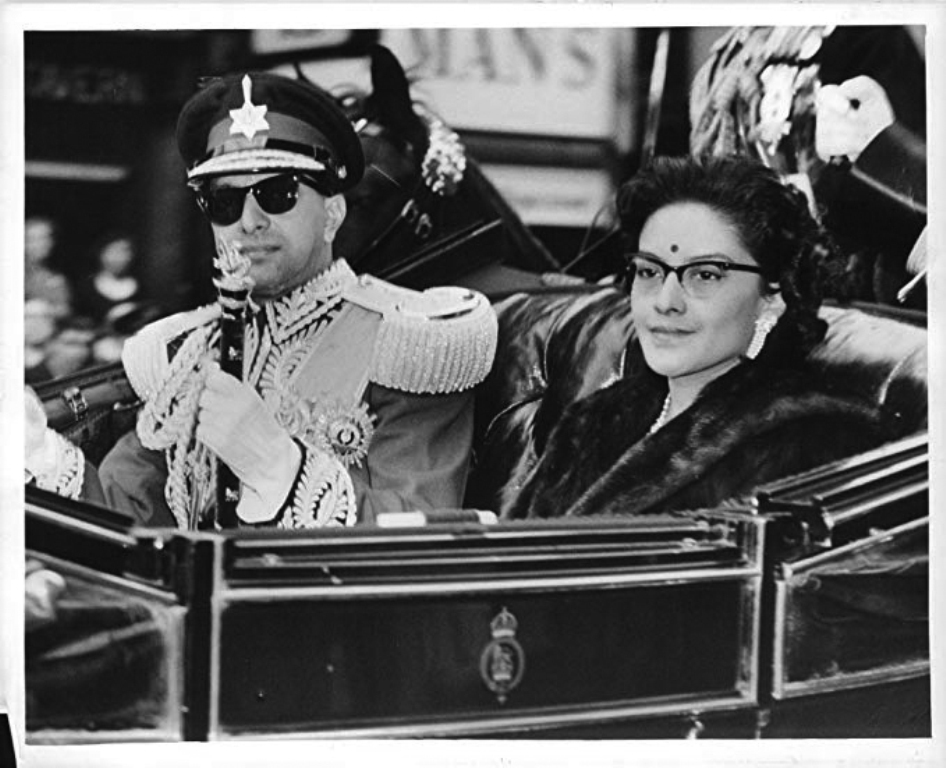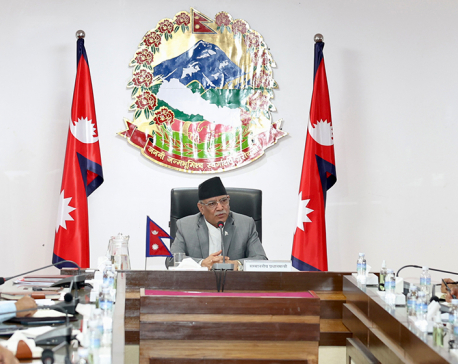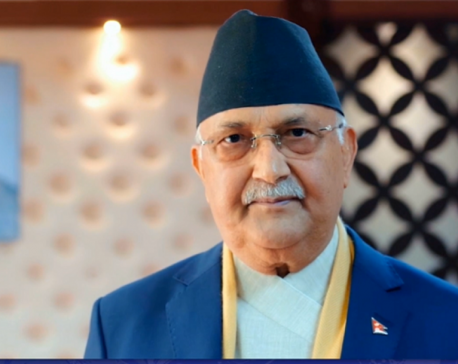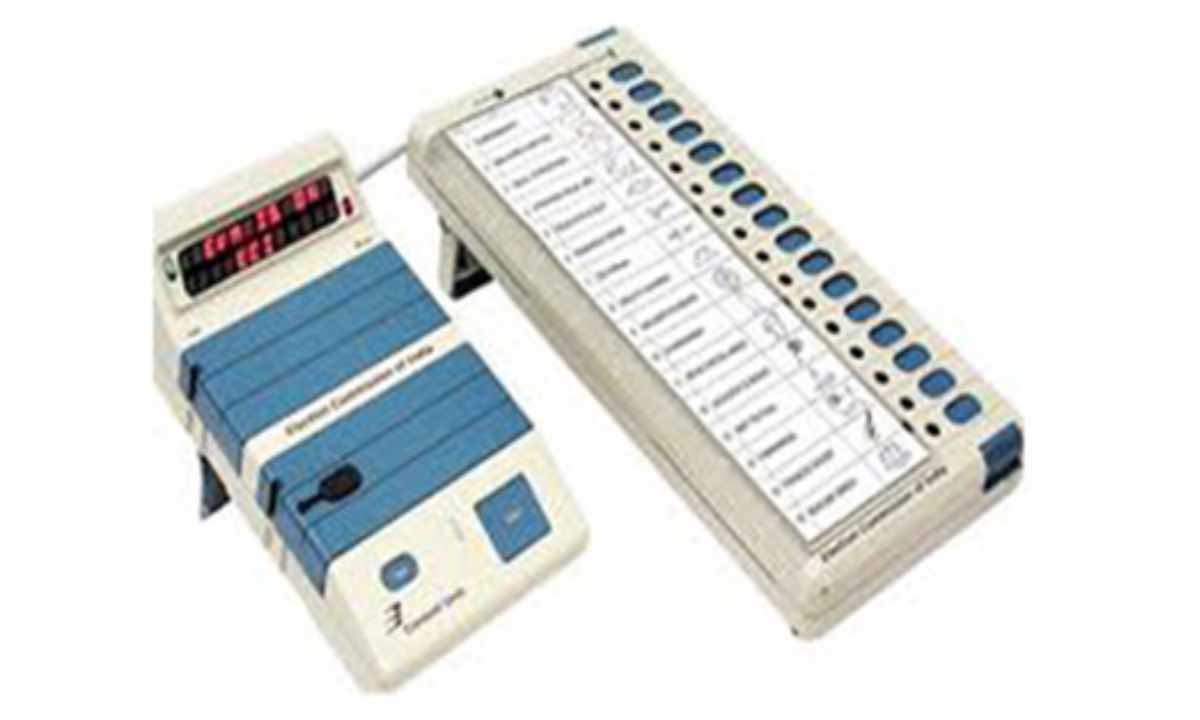
OR
Editorial
Paush 1 and Nepali Politics
Published On: December 17, 2022 07:00 AM NPT By: Republica | @RepublicaNepal

It was Paush 1 yesterday, a ‘Black Day’ in Nepal’s political history. On this day, 62 years ago, the then King Mahendra Bir Bikram Shah staged a coup, overthrowing Nepal’s first democratically-elected government led by the charismatic, popular leader BP Koirala who was arrested and jailed immediately after the royal move. In his first public message after the coup d'etat, the king said he would soon return to the people what he had taken from them but, instead, within two years of Paush 1, 2017 BS, he declared the partyless Panchayat system. The king’s move killed the hopes that the ban on the political parties would be lifted anytime soon and thus began a political system that Nepal would be ruled under for the next 30 years. For this, a section of historians curse King Mahendra even today. Various programs are organized even today on Paush 1 where some people demonize King Mahendra while others remember him as a ‘hero’. In fact, whenever there is a mention of Paush 1, the Late King Mahendra is dragged automatically into the conversation. Paush 1 and King Mahendra cannot be viewed separately.
Though the king termed his move ‘a need of the hour and in the interest of Nepal and Nepalis’, there is no doubt that the royal move was an undemocratic step which was against the notions of democracy and freedom. The king is largely criticized in history for his dictatorial ways and means which is fair enough. In fact, the party-less system he engineered in 1960 collapsed in 1990. That says a lot about Paush 1 and King Mahendra, but is it that “he was just a dictator, that’s it!? A villain who should only be demonized? Or are there any other sides or dimensions to Paush 1 or King Mahendra for that matter? Is there anything we can learn from the late king because they say there are silver lines even in the darkest of clouds? Historians are divided with most of them ending up criticizing the king but one thing that most of them agree on is that the king who ascended the throne on 13 March 1955 and died on 31 January 1972 directly ruled the country for just 10-11 years and that those 10-11 years were the years when the foundations of development were laid in Nepal. They say there is no doubt that this was the time when Nepal’s development process had gathered the fastest pace and, as a result, dozens of factories, strategic highways, hundreds of schools, hospitals, etc were built. In short, the country observed a period of positive industrial and economic change comparatively in a very short period - just about a decade. While the bitter reality is in the post-democratic period, it took us more than 30 long years to build a drinking water project of a bigger size and scale (Melamchi) which is yet to come into a fully functional state. The King also removed nearly two dozen posts of Indian security personnel in Nepal and ended the tradition of the presence of a representative of the Government of India in Cabinet meetings in Nepal. There is no comparison between democracy, which is an expensive system, and dictatorship which functions at the whims and wishes of a dictator but facts are facts. But one thing is clear – King Mahendra who had not received any formal education - had a passion for the country’s development. What he achieved in terms of the country’s development during his direct rule of 10-11 years is exemplary.
Though these are times when there is a competition of sorts in telling lies and telecasting lies which also includes bending and distorting history and historical facts, remembering King Mahendra just as a dictator would perhaps be injustice to the late King. We are living in an age where we may find ourselves encircled by high walls of lies, but we must know that the truth is beyond these walls and without meeting the truth we cannot meet the freedom! Nepal has already become a republic with the Nepali people having an unflinching love and passion for democracy including all its universal constituents such as press freedom, freedom of expression, political, economic and human rights etc but that doesn’t mean historical characters don’t get the due space they deserve. Maybe we should hate the dictator in King Mahendra but we should love the development leader and the patriotic and nationalist Nepali in him.
You May Like This

Mr. Uthal-puthal in doldrums
During his first parliamentary test in January 2023, PM Dahal secured 99% of the votes. He boasted this as a... Read More...

In an unprecedented move, Prime Minister Oli recommends dissolution of parliament
KATHMANDU, Dec 20: Prime Minister KP Sharma Oli has decided to recommend to President Bidya Devi Bhandari to dissolve parliament. Read More...

Country marking today as Black Day
KATHMANDU, Dec 16: The country is marking today (December 16) as Black Day to protest the disposition of the first... Read More...






Just In
- Youth attempts suicide amid police torture over Facebook comments against home minister
- Time to declare EVMs’ end
- World Malaria Day: Foreign returnees more susceptible to the vector-borne disease
- MoEST seeks EC’s help in identifying teachers linked to political parties
- 70 community and national forests affected by fire in Parbat till Wednesday
- NEPSE loses 3.24 points, while daily turnover inclines to Rs 2.36 billion
- Pak Embassy awards scholarships to 180 Nepali students
- President Paudel approves mobilization of army personnel for by-elections security












Leave A Comment